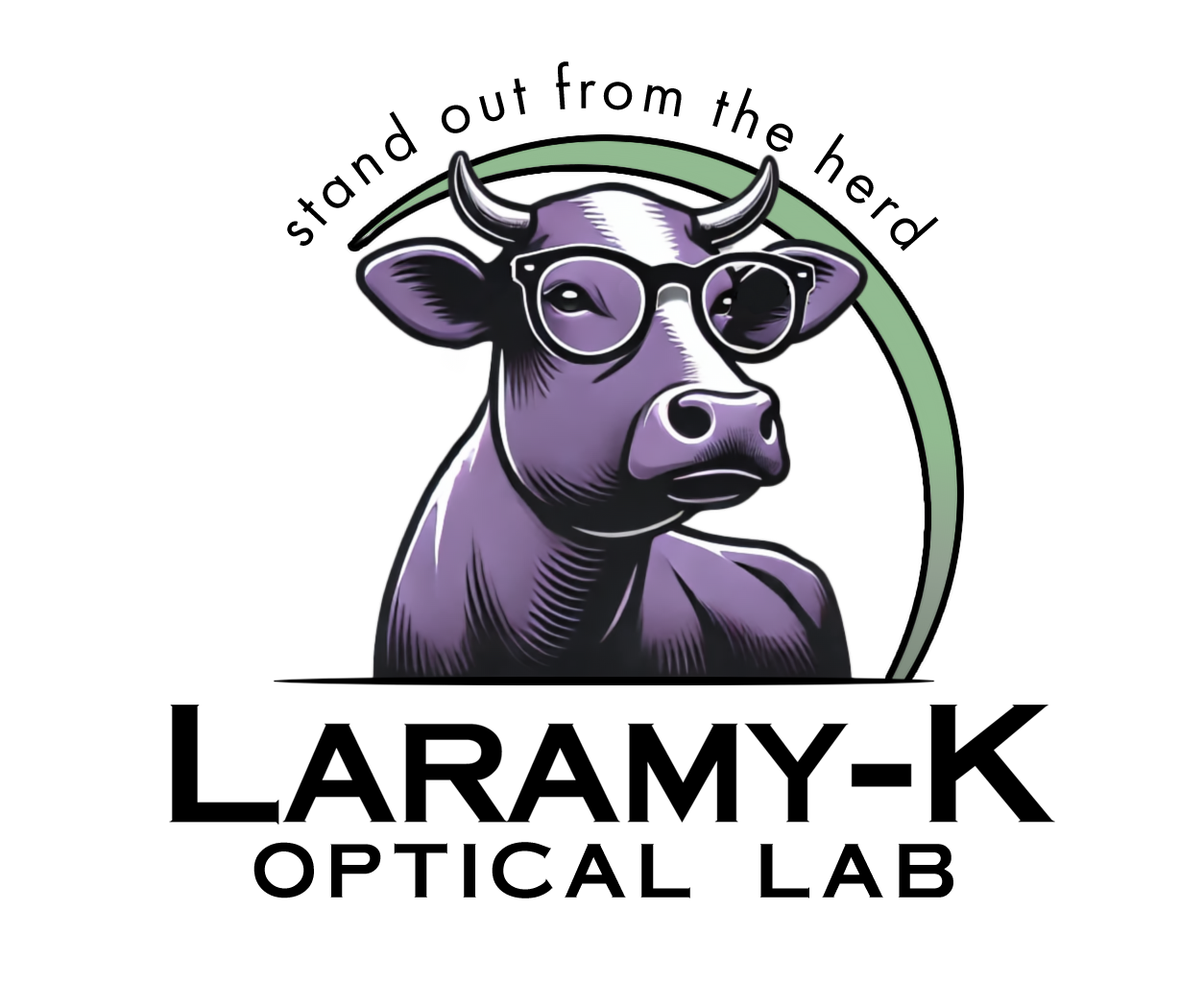Integrity Freeform Lenses with
Digital Ray Path 2 Technology

Digital Ray-Path 2: An Evolution in Freeform Design
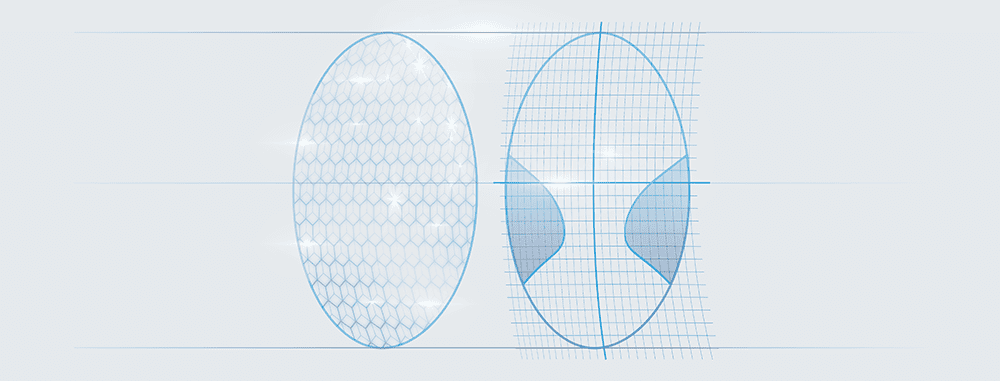
Oblique Abberations
Oblique aberrations, found in any lens, include astigmatic and spherical power errors. These errors create an out-of-focus image vision as the wearer’s gaze moves away from the optical center of the lens. Eliminating them completely is not mathematically possible. Some residual power error remains, causing a slight blur.
Power of Accommodation
Accommodation is the wearer’s natural ability to focus on different distances, without moving their eyes or head, by stimulating or relaxing the lens within the eye. IOT Digital Ray-Path 2 incorporates this factor into each individual lens calculation. IOT Digital Ray-Path 2 also considers the accommodative object space, the volume defined by the points within the clear visual range, for each direction of gaze.
An Evolution in Freeform
IOT Digital Ray-Path 2 pushes the limits of geometry in lens personalization by incorporating the wearer’s accommodative capacity in the final lens calculation to further minimize oblique aberrations.
COMPARING CORRECTED OBLIQUE ABBERATIONS
%
TRADITIONAL LENSES
%
COMPENSATED LENSES
%
DIGITAL RAY PATH 2 LENSES
Digital Ray-Path 2: How It Works
IOT Digital Ray-Path 2 calculates a unique back surface design for each lens with three-step optimization process.
1. The eye-lens system
First, it creates a simulation of the complete system that includes eye movement and considers all available information on the wearer, frame, and lens blank.
2. Accommodative object space
Next, it incorporates the wearer’s natural ability to accommodate including the accommodative object space, the visual range associated with each direction of gaze.
3. Minimization of oblique aberrations
Finally, it analyzes and minimizes oblique aberrations at various distances and for each direction of gaze over the entire accommodative object space.
The result: extremely clear vision and precise focus.
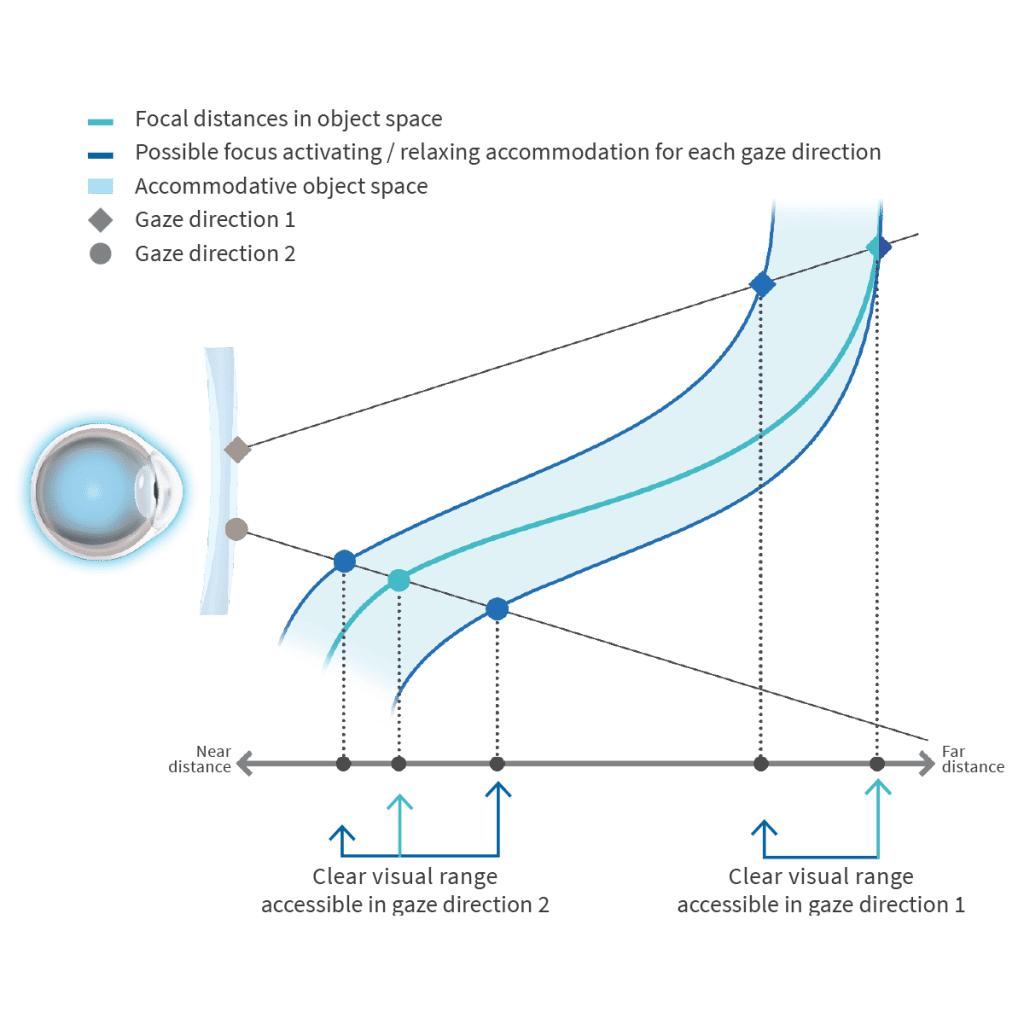
Wearer
Personalization

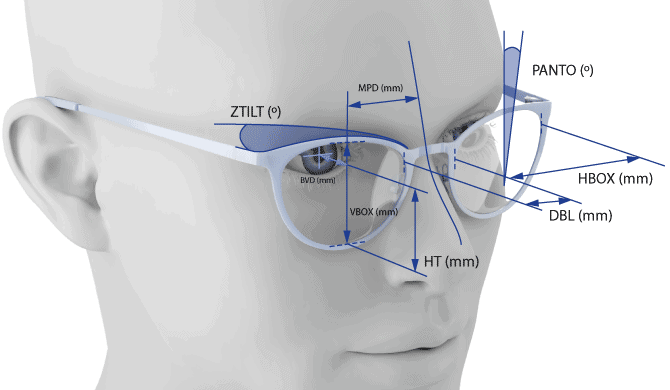
- Prescription & Addition
- Monocular Pupillary Distance (MPD)
- Pupil Height (HT)
- Frame Dimensions (VBOX/HBOX/DBL)
- Pantoscopic Tilt (PANTO)
- Wrap Angle (ZTILT)
- Back Vertex Distance (BVD)
- Near Working Distance
Digital Ray Path 2 Features
Personalization
Enhanced by a complete set of individualization parameters that take into consideration the unique attributes of the frame and the preferences of the wearer.
Compensated Power
Calculated point by point to ensure wearers perceive the proper power when looking through their lenses at every distance and direction of gaze.
Utilizes Accommodation
Incorporates the
wearer’s accommodative ability into the traditional calculations. Oblique aberrations are minimized more effectively than ever before.
Consistency
The perceived power distribution remains stable, regardless of the prescription or base curve. This is especially beneficial for high prescriptions and large or wrapped frames.
Integrity Freeform Lens Technologies from IOT
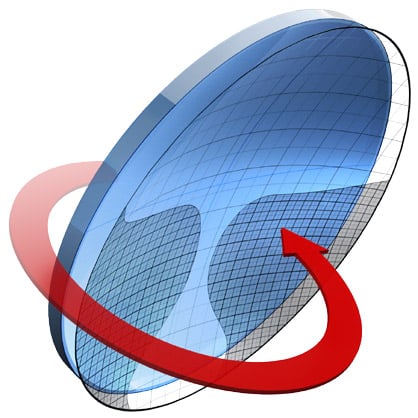
Essential (Basic)
Steady Methodology
Non-Compensated Design
Essential is the entry-level technology for digital lenses. The progressive surface is calculated using IOT's Steady Methodology providing improved performance over conventional progressive lenses, with the accuracy and flexibility of the digital freeform process.
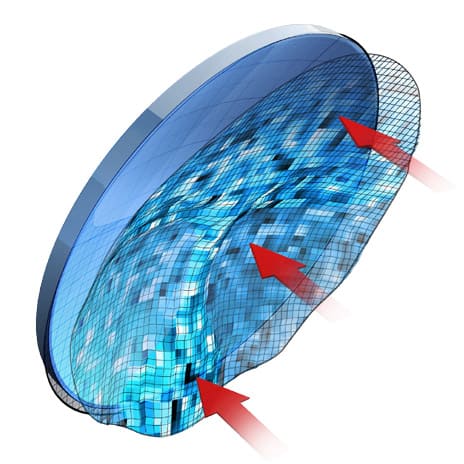
Endless (Advanced)
Steady and Digital Ray Path 2
Compensated Design
Endless is the most advanced technology used to make digital lenses. Endless combines IOT's Digital Ray-Path® 2 and Steady Methodology to take into account the real measured or default wearer position of the lens and the natural movements of the human eye.
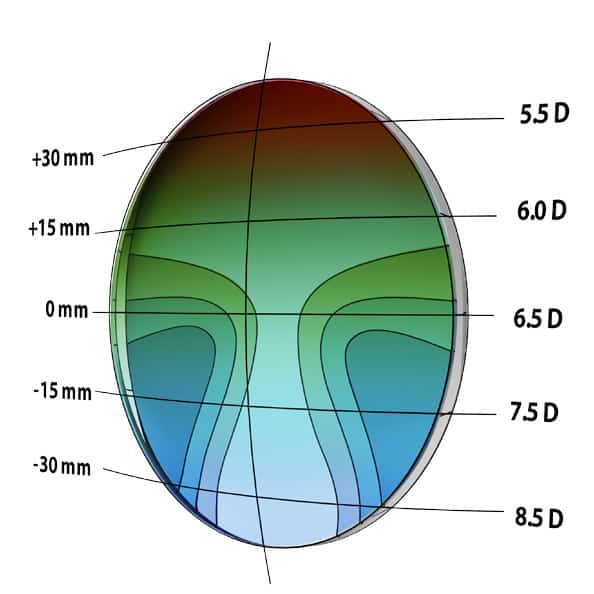
Camber
Camber, Steady+, and DRP2
Compensated + Camber Blanks
Camber Technology combines Endless technology with a unique, lens blank with a steepening base curve in the direction of the add power . When combined with IOT's Digital Ray-Path® 2 and IOT's Steady+ Methodology, both surfaces work together to expand power ranges, offer better cosmetics, and widen intermediate and near vision zones.
* When comparing to other brand's "good better, best" options, it is important to note that the "Advanced" technology is equivalent to the "best" on the market, while Camber takes it to another level, incorporating the Advanced technology PLUS the special Camber lens blank, making it unlike any other lens available. What's more, you easily choose the ideal design for your customer or patient based on Rx or lifestyle and THEN select from "good, better, best" ensuring the most ideal and customized outcome for their visual needs.
Steady Methodology
Learn More
Digital
Ray-Path 2
Learn More
Camber
Technology
Learn More
